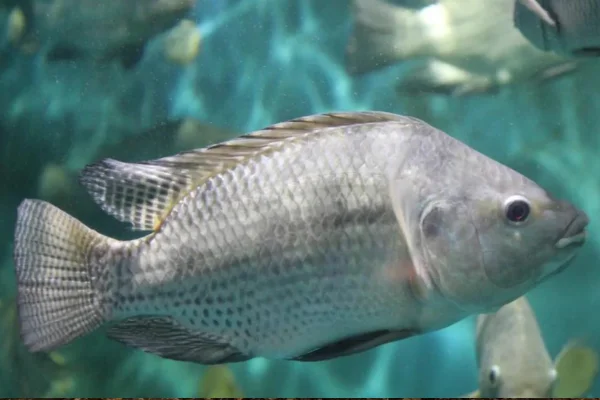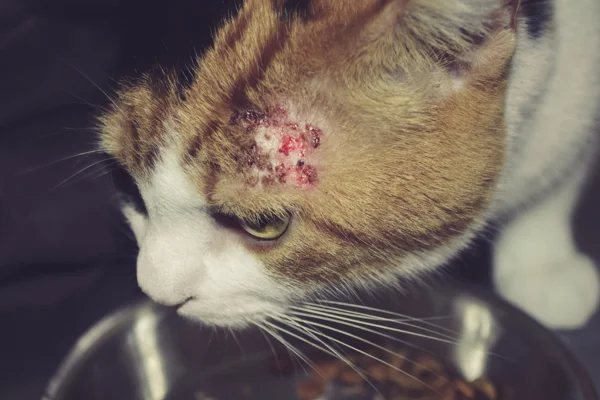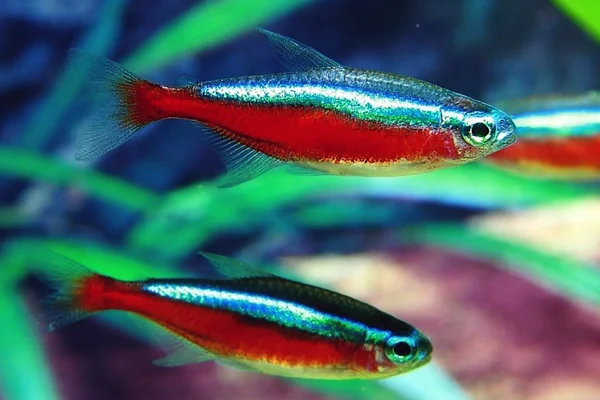Good Practices in the Use of Antibiotics for Fish in Tilapiculture
Antibiotics for fish?: Tilapia farming is an activity of great economic and social importance in various regions of the world, especially in Brazil. With the growing demand for quality animal protein, tilapia farming has expanded significantly. However, along with this growth come challenges related to fish health, especially with regard to disease control. The use of antibiotics for fish is a common practice, but one that requires caution and knowledge to avoid public and environmental health problems.
The Importance of Rational Use of Antibiotics
The indiscriminate use of antibiotics in aquaculture can lead to the development of resistant bacteria, compromising the effectiveness of these drugs in both veterinary and human medicine. It is therefore crucial to adopt good practices when handling antibiotics for fish, guaranteeing the health of the animals and the safety of consumers.
Identification and Diagnosis of Diseases
The first step towards the proper use of antibiotics for fish is the correct identification and diagnosis of diseases. This should be done by a veterinarian or a professional specializing in aquaculture. Often, the clinical signs can be similar for different pathologies, and a wrong diagnosis can lead to the inappropriate use of drugs, increasing the risk of bacterial resistance.
Contents
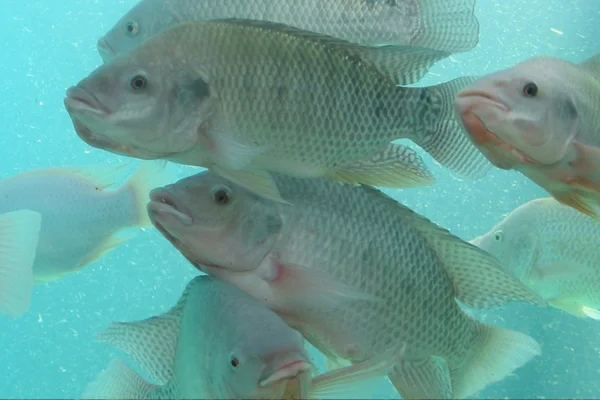
Antibiotic selection
The choice of the appropriate antibiotic depends on the pathogen identified. It is essential that treatment is based on sensitivity tests, which indicate which antibiotic is most effective against the specific bacteria present in the growing environment. Avoiding the use of broad-spectrum antibiotics unnecessarily is an important practice to prevent resistance.
Dosage and Administration
The correct dosage of the antibiotic for fish is fundamental to guaranteeing the effectiveness of the treatment and minimizing the risk of side effects. Administration must strictly follow the manufacturer's and veterinarian's recommendations. In the case of aquaculture, antibiotics can be administered in the feed or directly in the water, depending on the nature of the infection and the farming conditions.
Grace period
After administering antibiotics, it is necessary to respect the grace period before marketing the fish. This period is the time needed for the drug residues to be eliminated from the fish's body, ensuring that there is no contamination for consumers. Ignoring the grace period can result in serious legal and public health implications.
Monitoring and Registration
Keeping detailed records of the use of antibiotics for fish is a best practice for monitoring the effectiveness of treatments and identifying possible cases of resistance. These records should include information on the disease diagnosed, the antibiotic used, the dosage, the method of administration and the grace period followed.
Alternatives to the Use of Antibiotics
To reduce dependence on antibiotics, fish farmers can adopt management practices that promote fish health and prevent disease. Some of these practices include:
- Improving Water Quality: Maintaining good water quality conditions is essential for fish health. Parameters such as temperature, pH, oxygenation and ammonia levels should be monitored regularly.
- Proper Nutrition: A balanced diet strengthens the fish's immune system, making them more resistant to infections. Food supplements with probiotics and prebiotics have shown promising results in promoting fish health.
- Vaccination: Vaccinating fish against specific bacterial diseases is an effective alternative to the use of antibiotics. This practice is already used successfully in some regions and is expanding as new vaccines are developed.
- Health management: Implementing biosecurity measures, such as disinfecting equipment and quarantining new batches of fish, helps prevent the introduction and spread of diseases.
Education and Training for Fish Farmers
Continuing education for fish farmers is crucial to the success of sustainable tilapia farming. Training programs and workshops on the responsible use of antibiotics, handling techniques and biosafety practices contribute to training professionals who are better prepared and aware of their role in preserving public and environmental health.
Legislation and Regulations
In Brazil, legislation on the use of antibiotics for fish is governed by bodies such as the Ministry of Agriculture, Livestock and Supply (MAPA) and the National Health Surveillance Agency (ANVISA). These regulations aim to control the use of veterinary medicines, guaranteeing food safety and environmental protection. Fish farmers should be aware of the rules in force and keep up to date with possible changes in legislation.
Challenges and future prospects
Tilapia farming faces several challenges related to disease control and the sustainable use of antibiotics. Scientific research plays a fundamental role in the development of new technologies and methods for the prevention and treatment of diseases. The search for natural alternatives to antibiotics, such as plant extracts and herbal compounds, is a promising area that can contribute to the sustainability of aquaculture.
Furthermore, collaboration between researchers, veterinarians, fish farmers and regulatory bodies is essential for implementing effective and safe practices. The exchange of knowledge and experience allows for the continuous improvement of management techniques and the development of innovative solutions.
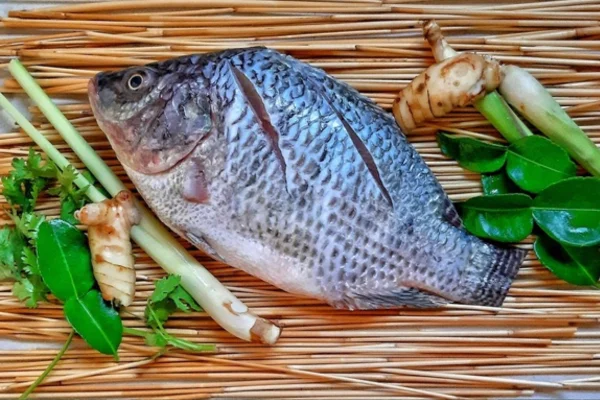
Conclusion - Antibiotics for fish?
The use of antibiotics for fish in tilapia farming is a necessary practice for disease control, but it must be carried out responsibly and consciously. The adoption of good management practices, the appropriate selection of medicines, respect for grace periods and the search for alternatives to the use of antibiotics are fundamental measures to guarantee the sustainability of the activity and the safety of consumers.
Educating and training fish farmers, as well as promoting scientific research, are important steps towards meeting the current and future challenges of tilapia farming. With proper management and the rational use of antibiotics, it is possible to achieve efficient and sustainable production, contributing to the supply of quality protein and the preservation of the environment.
Antibiotics for fish?
Thank you for visiting us and check out our other work

